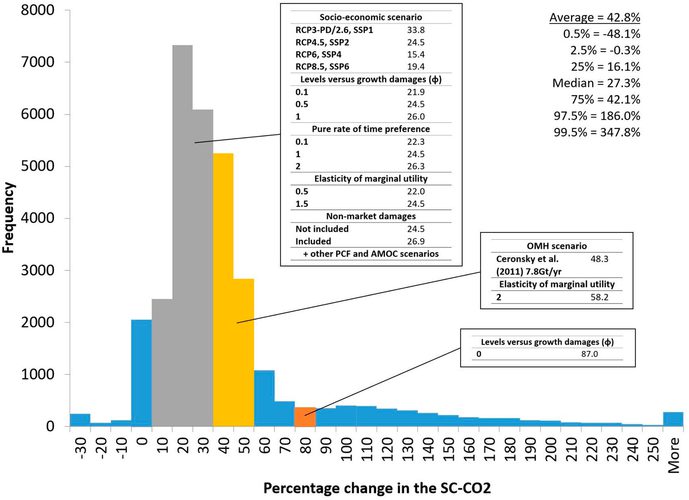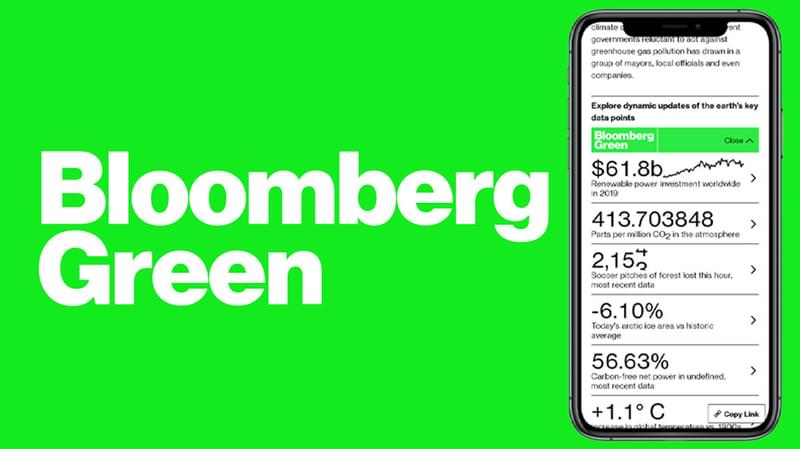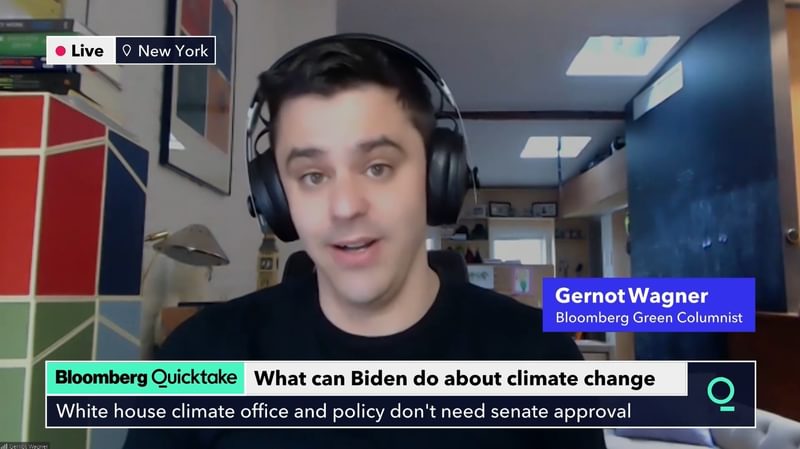Costly tipping points
New research shows significant economic costs of climate risks.

New research shows significant economic costs of climate risks.

Climate science and economics are inherently conservative, and that may be a factor in Monday's highly-anticipated IPCC report.

The best thing New York and other cities can do for the climate is to let more people live there.

The economist Martin Weitzman got scientists and politicians to think about the worst-case outcomes of global warming. We’re seeing them happen right now.
Research into unproven technofixes isn’t a replacement for eliminating emissions, even if the debate over geoengineering is stuck on that concern.
There is plenty of debate and acrimony, but there is indeed debate about policy solutions.
After a week when three oil giants were forced to face climate urgency, a guide to what concrete change might look like.
It’s easy to see why infrastructure spending would cut emissions, while creating jobs. Carbon taxes appear to do the same.
Assessing tariffs based on the carbon content of goods is complicated, but will lead to stronger climate policy and better economic outcomes.
Jobs vs. environment is an old trope whose time has passed.
To assess the effectiveness of climate policies, don’t look at today’s CO₂ emissions, instead focus on the trajectory.
The American Petroleum Institute is considering endorsing a carbon price. That’s a big shift, but a carbon price alone is not good climate policy.
The U.S. is updating a number with the potential to push federal regulations into overdrive.
Climate change mitigation became an economic positive

Interview with Tim Stenovec

The Biden administration should look to states as a laboratory for innovative climate action.

Science-based regulatory policies and a White House climate office could help counteract warming, no legislation required.

Instead of narrowly addressing carbon pricing, as economists have traditionally favored, the proposal has many aims

The Numbers Behind Exxon’s Support for a Carbon Tax

The second-biggest economy’s new 2060 target could be a game changer if concrete policies follow.